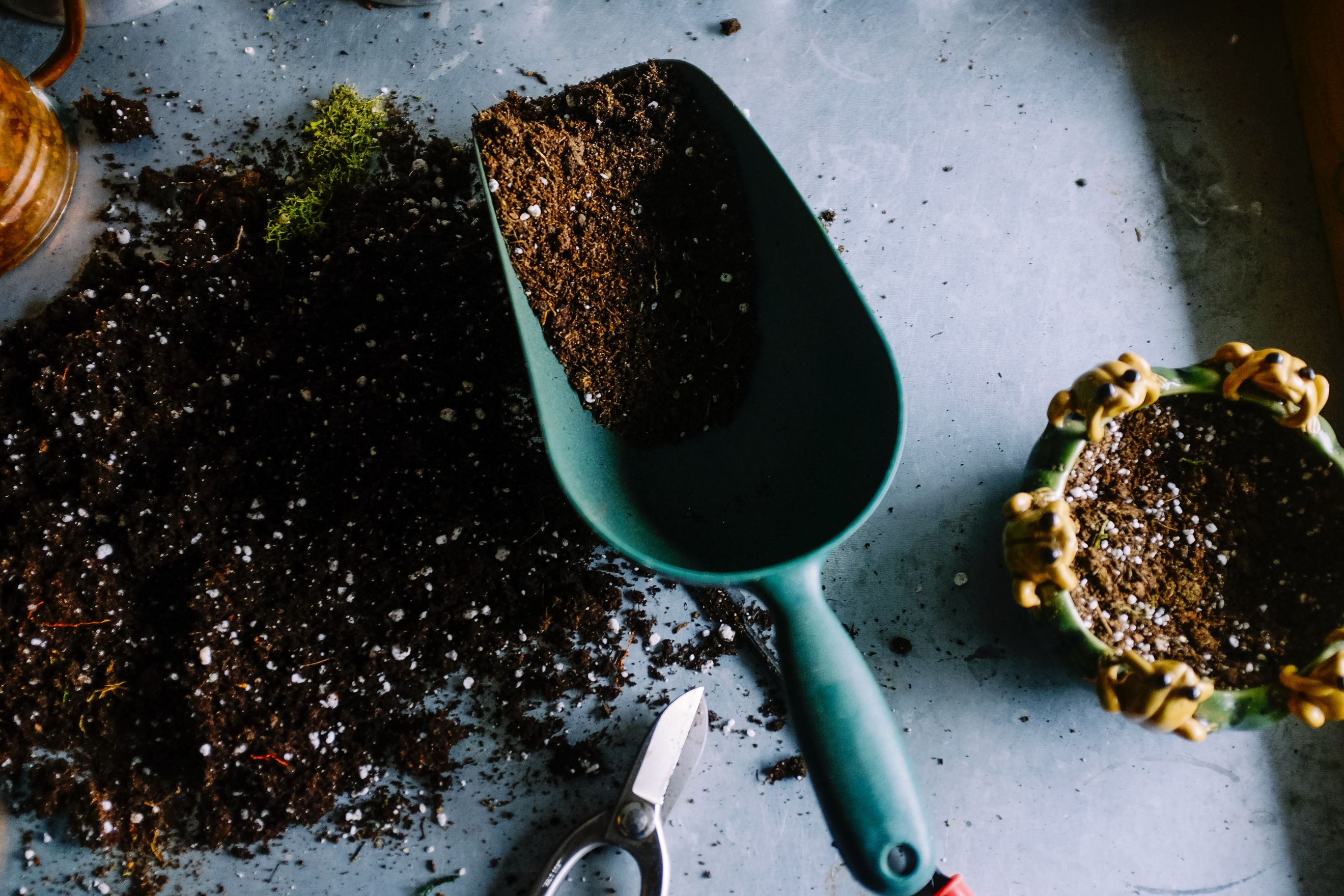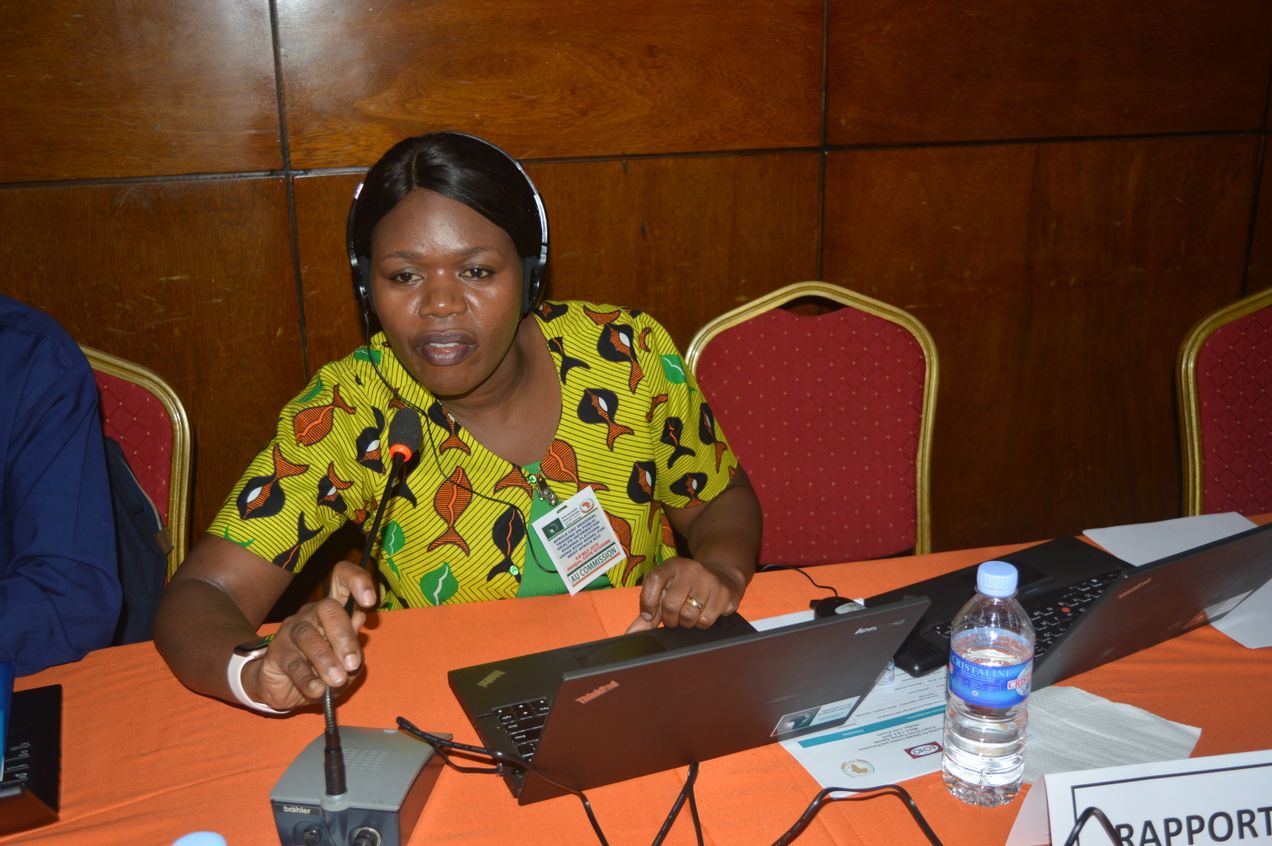
Honouring the Principle of Ubuntu
When normalcy returns, whatever that means, there needs to be an assessment of the ways consumerism and materialism are fraying the fabric of communal ties because in trying times, it’s clear they are the columns that keep society from crumbling.
In a sinister twist of fate, nature has forced humanity to slow down and pay more attention to it. Henry Wanume explores how this has affected our communities.
I’m up at five in the morning. Outside, the chirping birds strip the morning of absolute silence. I say a prayer then embark on my daily dose of morning reading. Thanks to the pandemic, I now read before setting out to seize the day. These days, I’ve taken a particular liking to modern philosophy, especially the writings of Naval Ravikant. In one of his books, he explains the close-knit nature of Indian communities makes it reduces the prevalence of loneliness and depression, conditions that have become rampant in Uganda as more people migrate and splinter from the strong support systems available in their communities.
It’s the rainy season in Buwenda, and just as in most parts of Uganda, it’s time to plant and, in my case, bond with family as we work our farm. Today, Mom inquires about the snack business I was to start but have put one hold due to the pandemic. Surviving alone has been hard enough, let alone starting a business in the middle of a major health crisis.
After the morning toil, we eat generous portions of deep-fried cassava and porridge. It’s a miracle my family can still afford three meals a day during the pandemic as many, like me, have lost their nine-to-five. In Buwenda, nine out of ten households I interviewed for a research project said they can’t afford one meal per day.
In a sinister twist of fate, nature has forced humanity to slow down and pay more attention to it. In the not-too-distant past, evenings saw me jostling with commuters headed home for a spot on a rickety matatu, and never once had I envisaged myself passing the same time of day watching the sun plunge westward. But here I am, bemused at the manner in which pandemic has drastically altered priorities on personal, national and transcontinental levels.
These days, I spend most of my time managing a social venture dedicated to empowering young people in my community. In our meetings, we discuss business management and making liquid soap and crafts. Having conversations with young people, hearing about their aspirations has given me a new perspective on life and strengthened my resolve to empower more youths in my community.
In the evening, my family huddles in the sitting room, discussing religion, career, and politics. We talk about the pandemic and wonder if life will return to normal when the nightmare comes to an end. We discuss the downsides of capitalist greed, how it is eating away at our humanity, isolating us from one another and destroying the principle of Ubuntu, our togetherness. When normalcy returns, whatever that means, there needs to be an assessment of the ways consumerism and materialism are fraying the fabric of familial and communal ties because in trying times, it’s clear they are the columns that keep society from crumbling.

